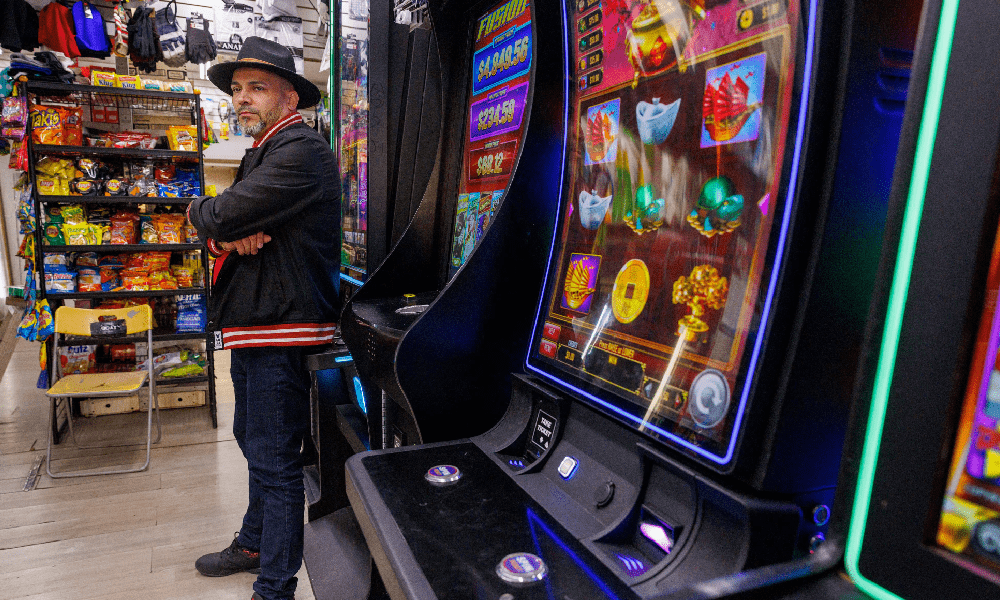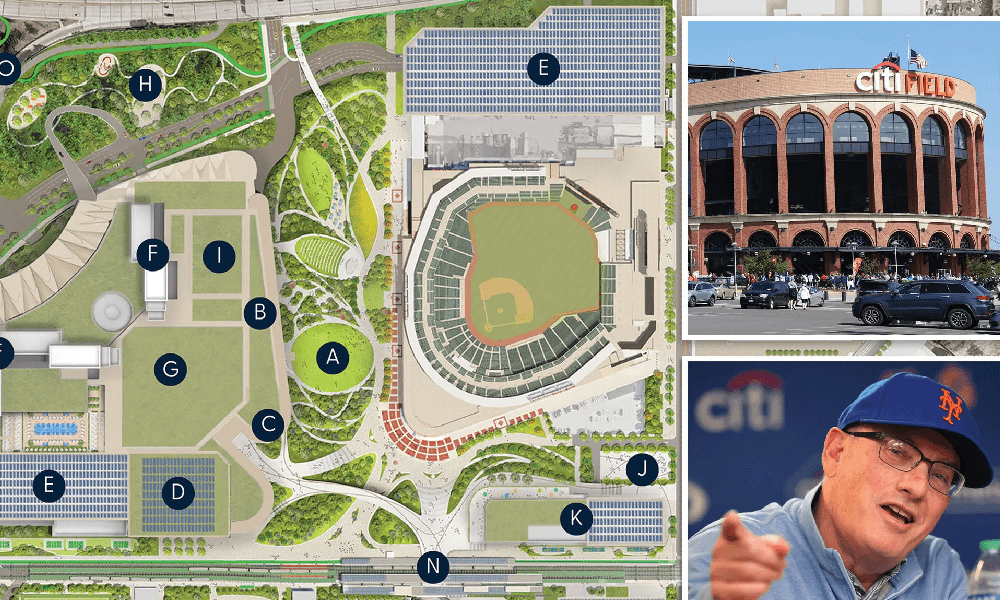Casinos in the city of Detroit, Michigan, had a decline in income of 22.3% year-on-year, in the amount of $79.1 million (£63.1 million/€73.3 million), as a result of worker strikes that occurred across the land-based gambling business.
Motor City In November
There was a decrease in revenue from the three land-based commercial casinos in the city, which was $101.8 million in the same month the previous year. In addition, the amount for November was 4.5% lower than the $82.8 million that Detroit reported for the month of October this year.
The downturn occurred against the backdrop of strikes having taken place in Detroit. On October 17, a number of workers went on strike, and it wasn't until the middle of November that they were able to reach a pay arrangement. Because of this, the MGM Grand, Greektown, and MotorCity casinos were unable to find enough employees to work for the most of the month.
The table games and slot machines contributed $76.0 million to the total revenue that was earned by the three casinos. The total for the previous year was 23.9% higher than this, and it was 7.0% lower than October 2023.
The qualified adjusted gross receipts (QAGR) from sports betting accounted for the remaining $3.1 million in revenue. In comparison to November 2022, this was 63.2% greater, and it was 181.8% higher than October during this year.
Taking into consideration the amount of money wagered on sports at casinos in Detroit, gamblers wagered a total of $15.3 million. The previous month's total was $18.1 million, which was 15.5% lower than the previous month's total.
Detroit is getting closer to catching up to MGM.
During the month of November, MGM continued to have a market share of 34%, making it the most dominant casino in Detroit. On the other hand, even though it held a 46% share in October, it has since lost that lead.
MGM reported a revenue of $30.6 million coming from table and slot games, in addition to a QAGR of $230,847 coming from sports betting.
Having reported a market share of 34%, MotorCity was able to reduce the gap with MGM. Both table and slot game revenue amounted to $24.7 million, while sports wagering revenue amounted to $2.2 million on a quarterly basis.
The Hollywood Casino at Greektown, which held a 27% share of the market, was the final marker for the city of Detroit. Greektown reported a revenue of $10.8 million from table and slot games, in addition to a quarterly aggregate income of $657,545 from sports betting.
As for taxes, the casinos paid a gaming tax to the state of Michigan in the amount of $6.2 million in the month of November. An additional $9.4 million was compensated to the city of Detroit through the payment of wagering taxes and payments under development agreements.
When it comes to wagering on sports, the state of Michigan collected a total of $116,769 in taxes. On top of that, the three casinos each contributed $142,718 to the city of Detroit in the form of wagering taxes.





















